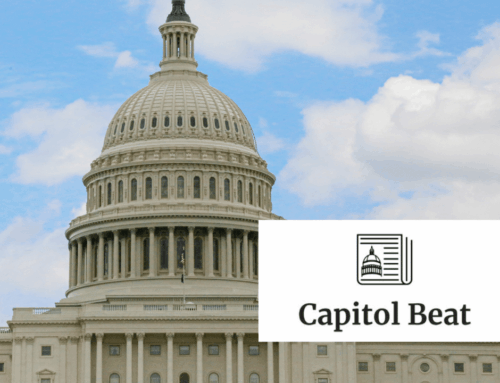A tax break created to help small family farmers and hauling companies afford the cost of work vehicles is being exploited like a goldmine by some business owners. As a result, taxpayers are virtually paying for the purchase of Lincoln Navigators and Cadillac Escalades that are more likely to be put to use schlepping a plastic surgeon's kids to private school than hauling animal feed around a farm.
Written prior to the explosion of the Sport Utility Vehicle (SUV) market, this tax break defines qualifying vehicles by their weight instead of function. As a result, small business owners are allowed to claim the deduction for purchasing any of the more than 38 “light trucks” that now weigh more than 6000 pounds, regardless of the actual purpose the vehicle serves.
It works as follows: First take a full deduction for $25,000 of the purchase price for making an investment in equipment. Next deduct 30 percent of the remaining cost as part of the March 2002 economic stimulus package. Finally, top it off with 20 percent of the remaining price for the standard 5-year depreciation. When you add all three together, it means that a $36,260 tax deduction can be taken just for purchasing a $50,000 Hummer H2.
In comparison, when small businesses purchase vehicles that weigh less than 6000 pounds, only $7660 of the purchase price can be deducted in the first year and writing off the remainder of the vehicle's cost can take close to 20 years. This creates a fiscal no-brainer for a small business owner that is trying to decide whether Lincoln's $52,000 Navigator or $46,500 Town Car best meets his or her needs. It's no wonder that as many car salesmen as accountants are aware of the write-off and are using it to their advantage to keep SUVs selling like hotcakes.
The President's proposed economic stimulus package will raise the small business expensing deduction for investing in equipment from $25,000 to $75,000. If passed, the purchase of just about every super-sized luxury SUV on the market will be fully deductible in the first year. At a time when the administration is touting the need to decrease our dependence on foreign oil, it hasn't gone unnoticed that this tax policy encourages the purchase of bigger gas-hogs.
Congressional efforts to clarify the original intent of the law are underway with legislation introduced by Sen. Barbara Boxer (D-CA) and Rep. Anna Eshoo (D-CA). At a cost of a billion dollars a year, this loophole needs to be closed immediately.










